Content Library
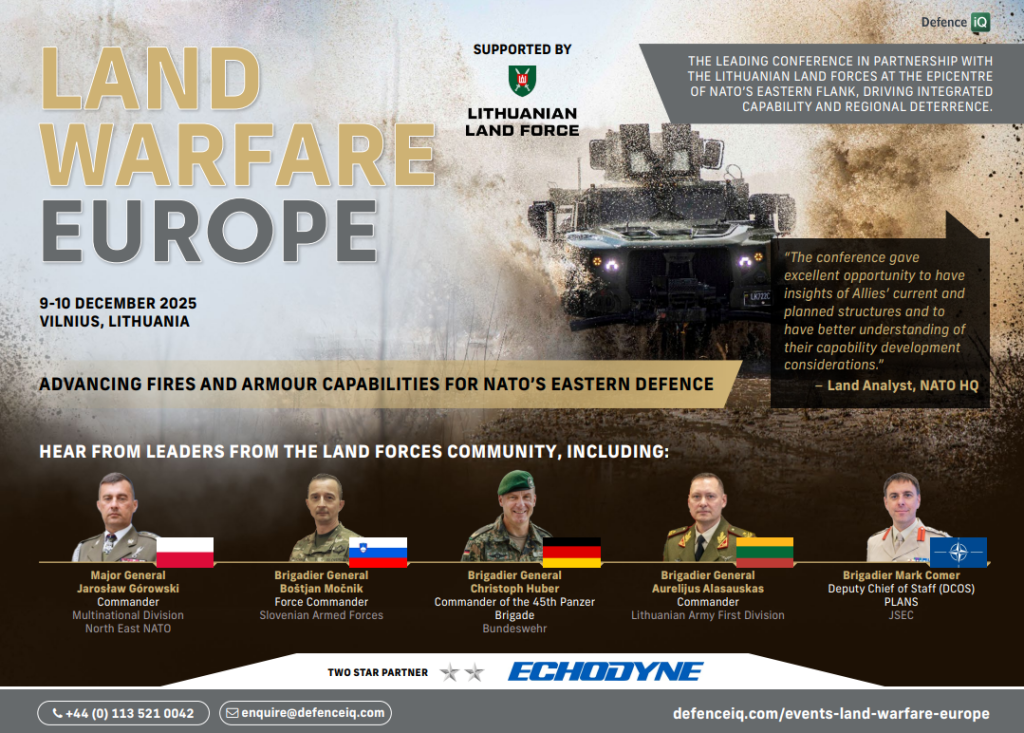
Land Warfare Europe 2025 Agenda
We are excited to share with you the Official Event Agenda ahead of Land Warfare Europe 2025. This years event will take place in Vilnius, Lithuania, on 9–10 December, in official partnership with the Lithuanian Land Forces. This two-day event will bring together over 30 ...
Articles, Reports, Interviews

Enhancing Indirect Fire Capabilities of the Lithuanian Armed Forces
Download this presentation from Lt Col Ausrius Buikus, Chief Joint Fires and Effects branch., Lithuanian Armed Forces, delivered at the 2024 conference on 'Enhancing Indirect Fire Capabilities Of The Lithuanian Armed Forces.'

V Corps Operations: Readiness, Lethality, and Transforming With Allies
Looking ahead to Land Warfare Europe 2025? Start with a powerful perspective from last year’s event.
Download an exclusive presentation from Brigadier General Matthew W. Brown, Deputy Commanding General - Readiness, US Army V Corps, as he explores “V Corps Operations: Readiness, Lethality, and Transforming With Allies.”
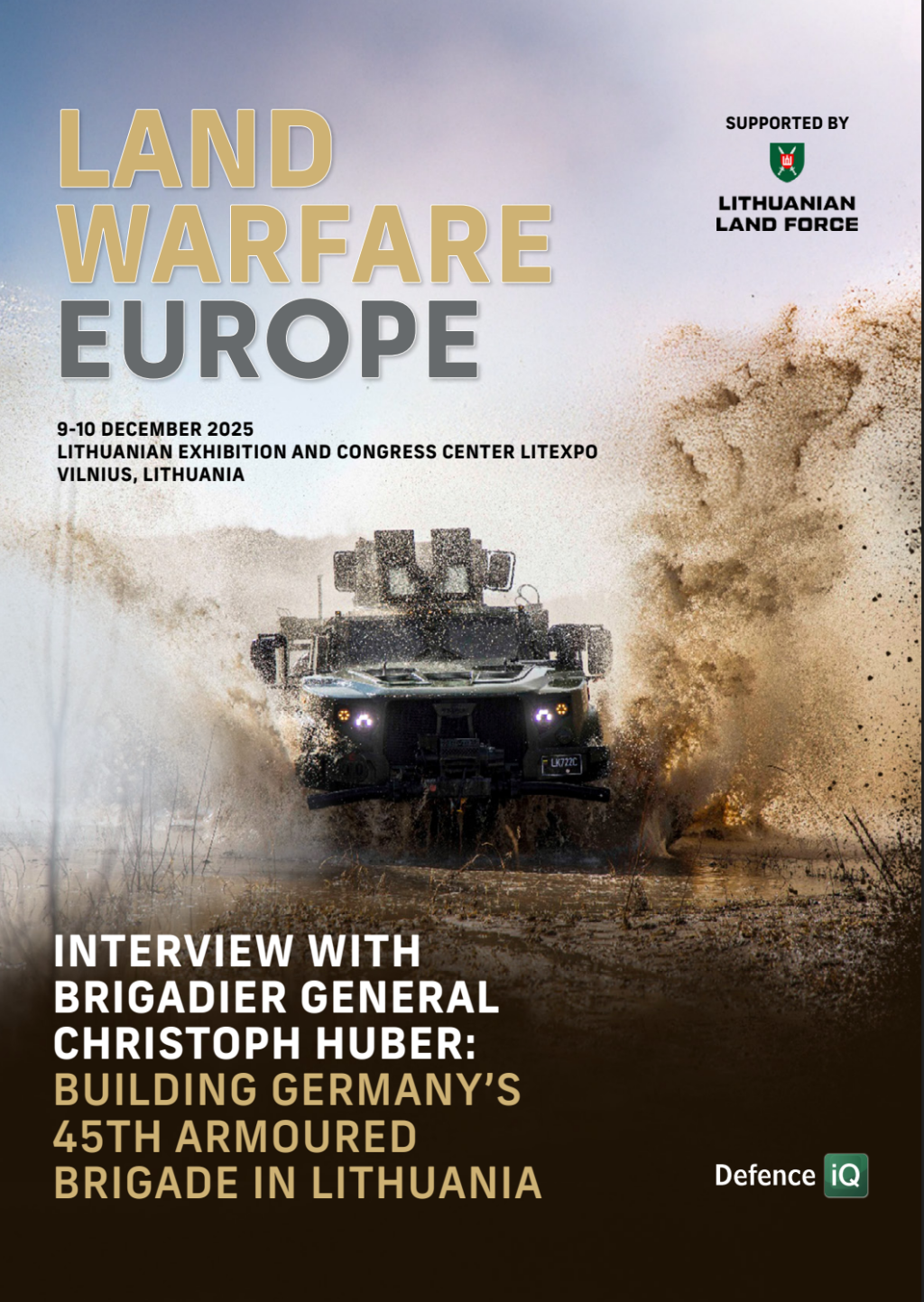
Interview with Brigadier General Christoph Huber: Building Germany's 45th Armoured Brigade in Lithuania
In this exclusive Defence IQ interview, Brigadier General Christoph Huber outlines Germany’s commitment to building a permanent combat-ready formation in Lithuania. He explains how Panzerbrigade 45 is being structured to reach full warfighting capability by 2027, highlighting the importance of modern equipment, robust training, and close cooperation with NATO Allies. With Leopard 2A8 tanks, Puma IFVs, and Panzerhaubitze 2000 artillery forming its core, the brigade stands as a clear signal of deterrence on NATO’s eastern flank.
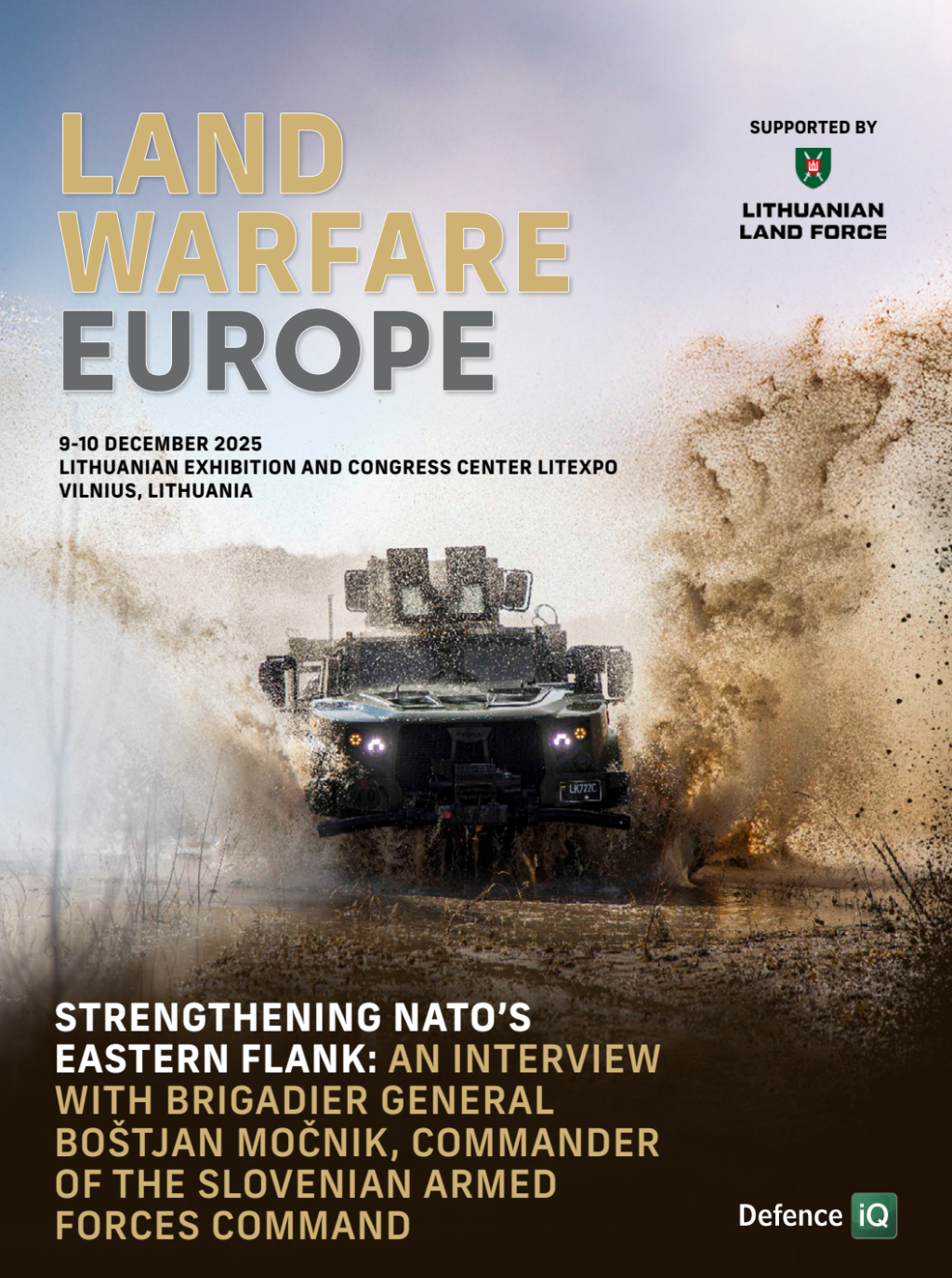
Strengthening Nato's Eastern Flank: An Interview with Brigadier General Boštjan Močnik, Commander of the Slovenian Armed Forces Command
In the run-up to Land Warfare Europe 2025, Defence IQ sat down with Brigadier General Boštjan Močnik, Commander of the Slovenian Armed Forces Command, to discuss how Slovenia is strengthening NATO’s eastern flank and adapting to modern threats.
Discussing a range of topics, including countering drones, loitering munitions, bolstering cyber resilience and interoperability, Brigadier General Močnik outlines Slovenia’s priorities for modernising its land forces. He also highlights the importance of layered air defence, stronger fire support, and the integration of emerging technologies such as AI and autonomous systems to maintain operational effectiveness in future conflicts.
This exclusive Defence IQ interview provides insights into how Slovenia and its NATO allies are working together to build a more robust, agile, and resilient European defence posture.
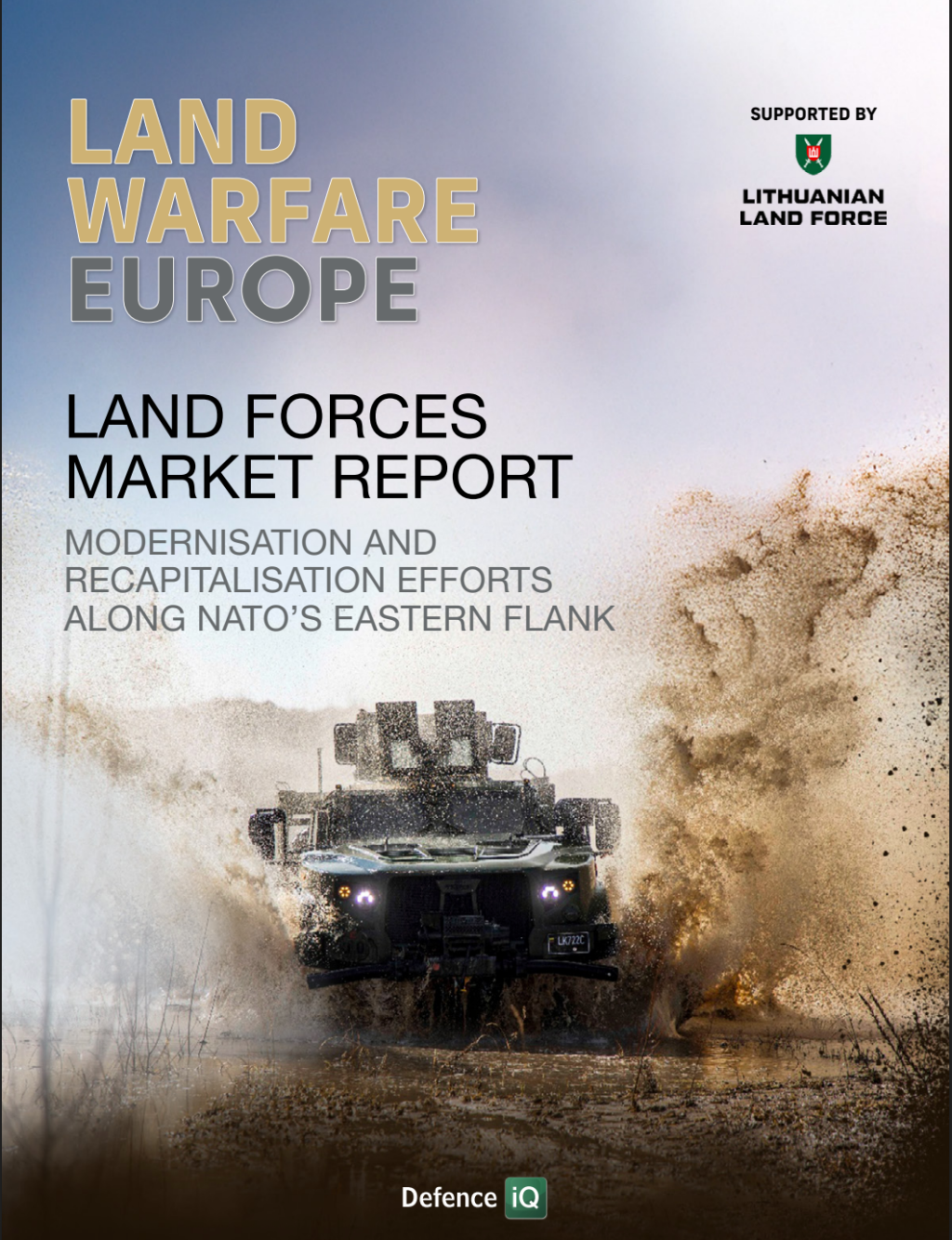
Land Forces Market Report: Modernisation and Recapitalisation Efforts Along Nato's Eastern Flank
Defence iQ's Land Warfare Europe market report examines how NATO nations along the eastern flank are modernising and recapitalising their land forces to address evolving security challenges. It sets the strategic scene by examining the importance of the Baltic states, the implications of the ReArm Europe Plan, and the development of the Baltic Defence Line. The analysis highlights the core capability areas driving investment, including integrated air and missile defence, counter-UAS systems, armour and artillery upgrades, and the adoption of autonomy, robotics, and advanced ISR.
Our market report also reviews efforts to strengthen interoperability across multinational forces, ensuring readiness for joint operations. Detailed national profiles cover Lithuania, Poland, Latvia, and Estonia, alongside insights into other NATO partners pursuing significant land warfare modernisation programmes. The report further considers EU and NATO funding initiatives, industry partnerships, and the practical challenges of delivering capability against tight budgets and timelines.
For defence leaders, policymakers, and industry stakeholders, the report provides a clear overview of current priorities, emerging opportunities, and the market dynamics shaping land warfare in Europe today.
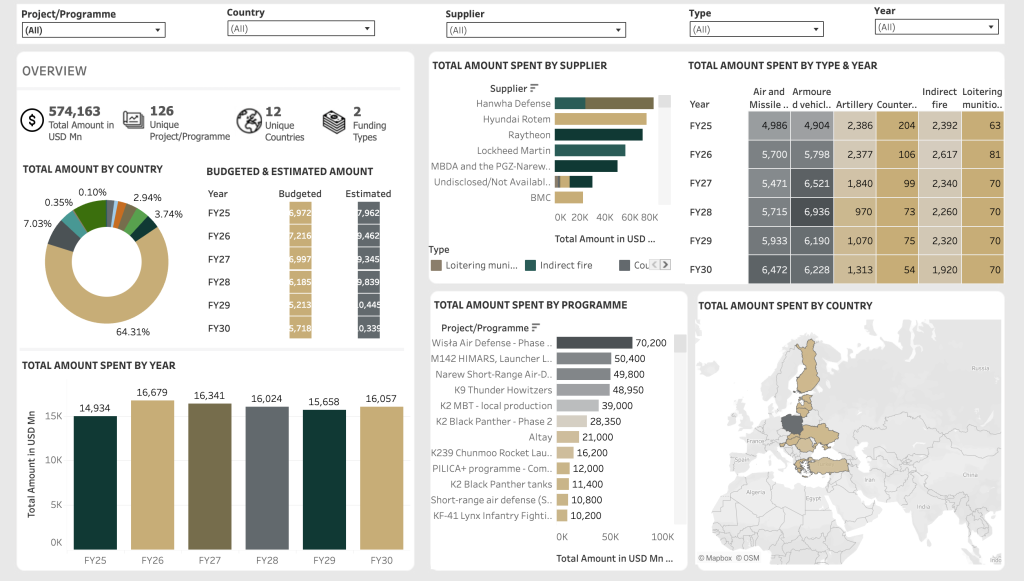
Land Warfare Europe Interactive Market Report
The Land Warfare Europe Interactive Market Report 2025 provides a fantastic way to explore the European defence landscape. Designed for military professionals, industry leaders, and decision-makers, this report provides a comprehensive overview of key trends, upcoming programmes, capability priorities, and procurement insights across the land domain.
Through its interactive format, users can easily navigate between sections, access country-specific data, and explore insights from senior military figures and industry experts. Whether you’re seeking to understand current capability gaps, identify partnership opportunities, or track future investment areas, this report serves as a brilliant tool for strategic planning and informed decision-making.
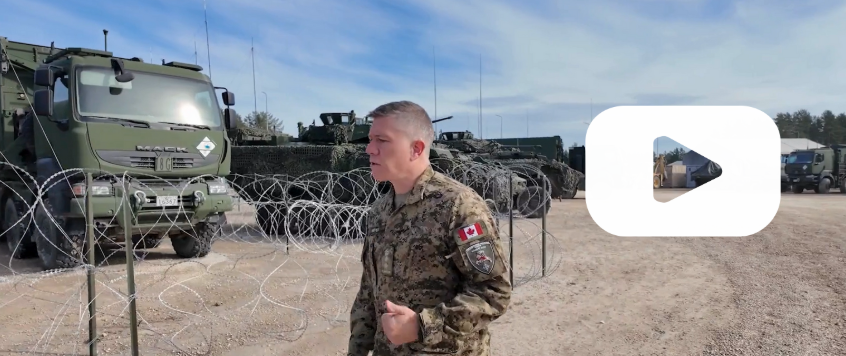
Leadership, Cohesion, and Capability: A NATO Perspective from Colonel Kris Reeves
Colonel Kris Reeves, Commander of the Multinational Brigade Latvia (NATO) from the Canadian Armed Forces, explains the brigade’s role in supporting the strategic defence of Europe and its collaboration with partner nations to prepare for evolving threats on NATO’s Eastern Flank. In his remarks, Colonel Reeves covers several key areas:
- Multinational Team and Tactical Operations: He describes the brigade as a multinational, combined arms team, highlighting the importance of coordinated tactical efforts across allied forces.
- Leadership and Cohesion: He emphasizes the need for clear and confident leadership in a multinational setting, where trust and accountability are essential for building strong team cohesion.
- Experience and Operational Readiness: He discusses how operational-level planning and experience contribute to creating the right conditions for the brigade’s success.
- Capabilities and Future Goals: Colonel Reeves outlines the brigade’s focus on trust, mission planning, and maximizing effectiveness to meet future challenges.
He also touches on additional insights into how the brigade is adapting to ensure continued readiness and strategic impact.
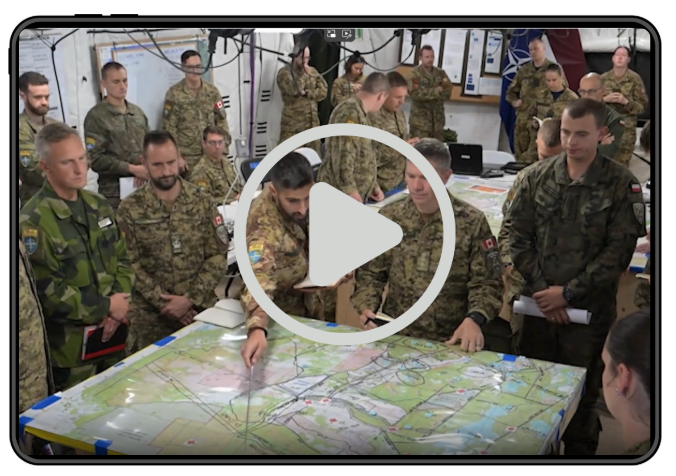
Event Information
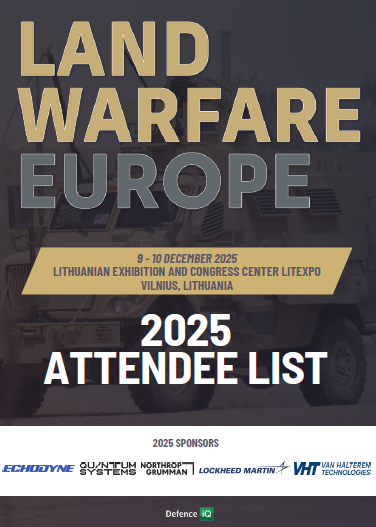
Land Warfare Attendee Snapshot
Get a glimpse of who’s joining Land Warfare Europe 2025. Bringing together senior commanders, procurement officials, and leading defence solution providers, this year’s meeting offers an unrivalled opportunity to exchange insights and forge lasting partnerships.
Sponsorship & Exhbition Information
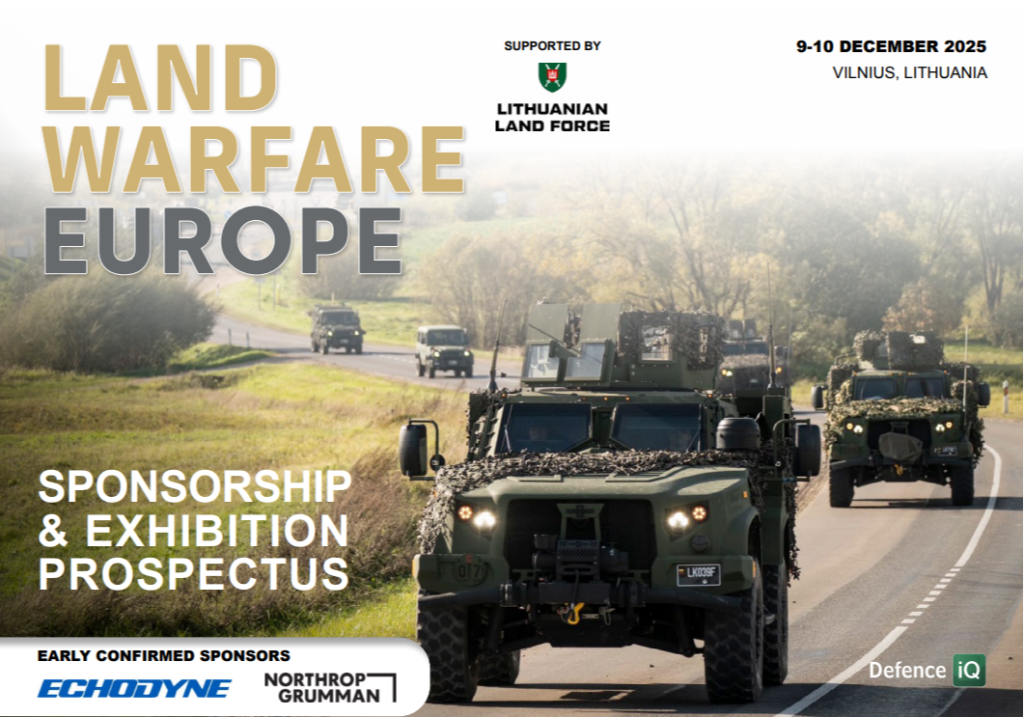
2025 Sponsorship Prospectus
View the Prospectus, and explore:
- Audience Breakdown
- 2025 Speakers
- Past Event Sponsors
- Strategic Partnership Packages
2024 Content - Land Warfare Europe

Resurrecting Slovakian Thunder; Interview with Colonel Jan Hric, 5th Artillery Regiment Commander, Slovak Armed Forces
Colonel Jan Hric, Commander of the 5th Artillery Regiment of the Slovak Armed Forces, discusses how Slovakia is reinvesting in its Artillery capabilities and enhancing its forward presence in the Baltics. With the threat of near-peer confrontation, artillery has become one of the areas most needing reform. On the modern battlefield, artillery must deliver sufficient, accurate firepower and survive counter-fire and other threats. As a result of this threat and rethinking, nations are rekindling their artillery capabilities.

Land Warfare 2024-2028 Market Report: European Markets
The relatively flat lands of Europe’s border with Russia make it ideal for armour and artillery. Current and past conflicts serve as a testament to this. In preparation for Defence IQ’s Land Warfare Europe conference, we are releasing a market report focusing on the region's artillery and armour programmes. Read this report to:
- Keep up to date with the latest programmes
- Discover trends in the European Market
- Prepare as best you can for the Land Warfare Europe Conference

Chairman Interview: Romanian Military Priorities and the Black Sea
Many military planners are convinced that Europe needs an effective Land Force to guarantee its security now more than ever. The employment of said land forces will be according to Europe's geostrategic interests, not the least of which is the Black Sea Region. Supported by the Romanian Armed Forces, in preparation for our Land Warfare Conference, we were able to secure an exclusive interview with Lieutenant General (Ret) Corneliu Postu, former Chief of Staff of the Romanian Armed Forces, where he shares his expert views on the current situation of the Black Sea Region and the roles the Romanian Armed Forces.
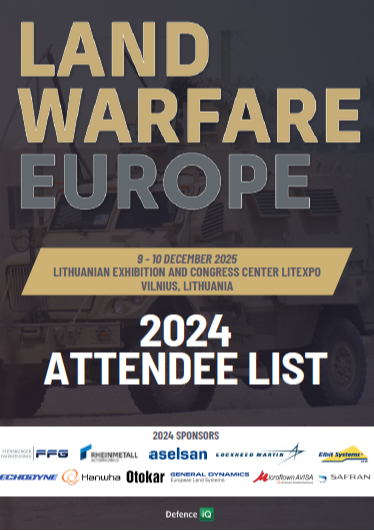
Attendee List | Land Warfare Europe
Explore the calibre of organisations that prioritised attendance at last year’s Land Warfare Europe. This snapshot offers a clear benchmark of the military commands, government departments, research bodies, and leading industry players who regularly take part.
If you’re considering attending or sponsoring in 2025, this list will help you assess the networking and engagement opportunities available. Download the attendee snapshot to see who you could meet.
Related Content - Future Indirect Fires Eastern Europe

Slovakian Indirect Fires Evolution
In this interview, Colonel Roman Bobal, chief of artillery for Slovak armed forces, delves into the current transformation of recreating an artillery brigade. He draws upon lessons from Ukraine, logistical challenges and opportunities, geopolitical realities and how they inform the choices of the Slovakian forces. A valuable piece for understanding the inner thought processes of artillery units.

Past Presentation: Artillery War in Ukraine
Defence IQ has the privilege to share Colonel Sergei Baranov presentation. As Chief of the Main Directorate of Artillery, Missiles and UAVs General Staff of the Armed Forces of Ukraine, few people are more knowledgeable and can talk as freely on the topic of Artillery in Ukraine. He returned as speaker for Future Indirect Fires Eastern Europe 2023. This presentation delivers:
- A comparison of Ukrainian and Russian platforms,
- Evaluation of different weapon systems performance,
- The impact of enemy Electronic Warfare.


